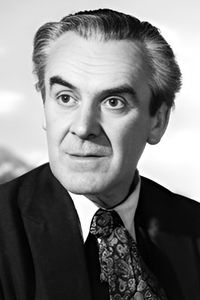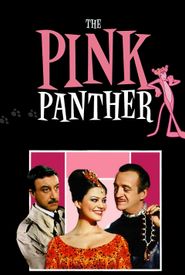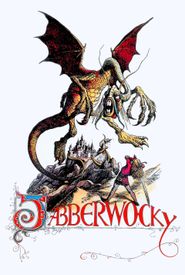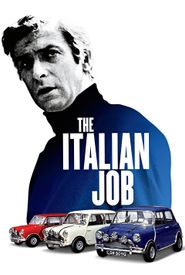John Le Mesurier, the son of a solicitor, was born into a family of professionals, and his early life was marked by a strong sense of discipline and structure. He attended a prestigious public school in Dorset, England, where he received a comprehensive education that would serve him well in his future endeavors.
Despite his parents' initial expectations that he would follow in their footsteps and pursue a career in law, Le Mesurier's true passion lay in the performing arts. At the age of 20, with his parents' reluctant approval, he began to pursue his dream by enrolling in the Fay Compton School of Acting. It was during his time at drama school that he met fellow student Alec Guinness, with whom he would later share the stage and screen.
After completing his studies, Le Mesurier honed his craft by performing in repertory theater until the outbreak of World War II, when he put his acting career on hold to serve as a captain in the Northwest Indian Frontier. This period of service had a profound impact on his life and would later influence his performances on screen.
Following the war, Le Mesurier returned to the stage and made his film debut in Death in the Hand (1948). Throughout the 1950s, he appeared in numerous films, many of which were produced by the Boulting Brothers, and also began to make a name for himself on television, particularly on the popular sitcom Hancock's Half Hour (1956).
In 1968, Le Mesurier landed his most iconic role to date, that of Sergeant Wilson in the long-running television series Dad's Army (1968). Although he had previously demonstrated his range by excelling in both comedy and drama, it was this role that cemented his status as a beloved British character actor.
Despite his success, Le Mesurier's life was not without its challenges. In 1977, during the final season of Dad's Army, he fell ill and was forced to take a break from acting. However, he made a remarkable recovery and continued to work until his untimely death six years later.
Throughout his career, Le Mesurier received numerous awards and accolades, including a BAFTA award for Best Actor of the Year in 1971 for his performance in Dennis Potter's Traitor (1971). This achievement was a testament to his remarkable talent and dedication to his craft.



















































































































































